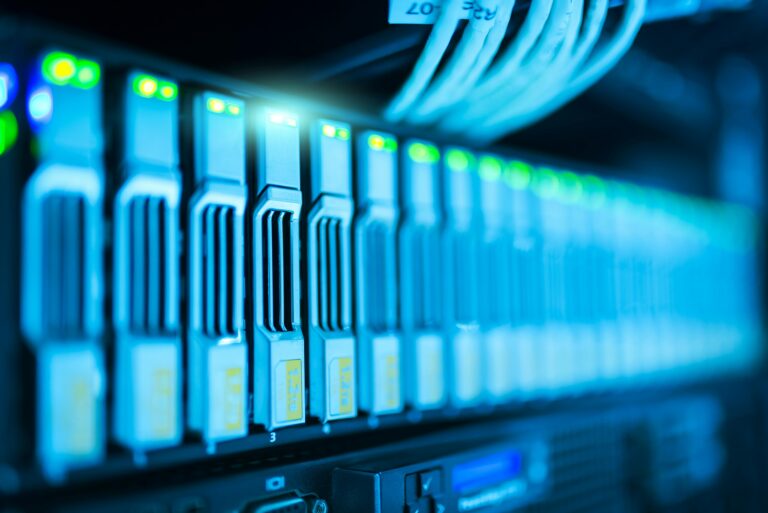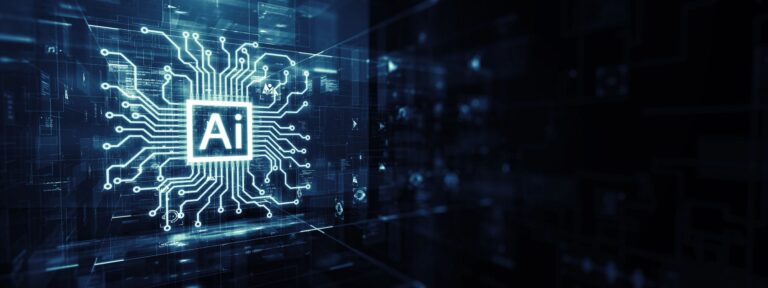Quantum Computing : Unboxing this technological frontier An Introduction to Quantum Computing: The Future of Technology Quantum computing is a term that’s been buzzing around in tech circles, promising to revolutionize how we process information. But what exactly is it, and why does it matter? In this article, we’ll explore

The Next Century of Tech: Innovations That Will Shape Our Future
Technology has transformed our world at an astonishing pace over the past century. From the advent of the internet to the proliferation of smartphones, the last few decades alone have reshaped how we live, work, and connect. Predicting the top technological developments over the next 100 years is a daunting task, given the exponential nature of innovation and the unpredictability of breakthroughs. Yet, by examining current trends and expert insights, we can envision a future where artificial intelligence, biotechnology, energy solutions, space exploration, and societal shifts redefine humanity’s trajectory. This article explores these key areas, balancing their transformative potential with the challenges they may bring.
Artificial Intelligence: Beyond Human Capability
Artificial intelligence (AI) is already a cornerstone of modern life, powering everything from medical diagnostics to financial trading. Over the next century, AI is poised to evolve into Artificial General Intelligence (AGI)—machines capable of performing any intellectual task a human can. Futurist Ray Kurzweil predicts this “singularity,” where AI surpasses human intelligence, could occur as early as 2045. Such a leap could revolutionize industries, automate complex decision-making, and even assist in scientific discovery.
Imagine an AGI designing new materials or solving climate models in seconds—tasks that might take humans decades. However, this power comes with risks. Job displacement could accelerate, and ethical concerns, such as autonomous weapons or biased algorithms, will demand robust regulation. The challenge will be ensuring AGI amplifies human potential without undermining our autonomy or security.
Biotechnology: Redefining Life Itself
Biotechnology is on the cusp of a revolution, with tools like CRISPR gene editing and mRNA vaccines already making headlines. In the next 100 years, we may see cures for genetic diseases, personalized medicine tailored to individual DNA, and even significant extensions of human lifespan. Imagine a world where organs are grown in labs, eliminating transplant waiting lists, or where genetic enhancements improve physical and cognitive abilities.
These advancements promise to enhance quality of life, but they also raise ethical dilemmas. Could “designer babies” widen social inequalities? Will genetic privacy become a luxury? As biotechnology progresses, society will need to navigate these questions carefully, balancing innovation with equity.
Energy and Sustainability: Powering a Greener Future
Climate change is one of humanity’s greatest challenges, and technology will be critical in addressing it. Over the next century, clean energy solutions like advanced solar panels, next-generation battery storage, and nuclear fusion could provide abundant, carbon-free power. Fusion, often called the “holy grail” of energy, mimics the sun’s processes and could offer a nearly limitless energy source if current experiments succeed.
Beyond renewables, innovations like space-based solar power—harvesting sunlight from orbit—or climate engineering to cool the planet might emerge. These developments could decarbonize economies and mitigate environmental damage, but scaling them will require massive investment and international cooperation. The stakes are high: failure to innovate could exacerbate resource conflicts, while success could usher in a sustainable era.
Space Exploration: Humanity’s Next Frontier
Space exploration is entering a golden age, driven by companies like SpaceX and NASA’s Artemis program. In the next 100 years, we might witness human colonies on Mars or the Moon, transforming science fiction into reality. Elon Musk envisions a Martian settlement within decades, while asteroid mining could supply rare materials like platinum or helium-3 for fusion reactors.
Space tourism may become routine, and orbiting habitats could serve as stepping stones to deeper cosmic exploration. These achievements could ensure humanity’s survival beyond Earth and spark economic opportunities. Yet, the costs—financial and environmental—will be immense, and ethical debates over planetary stewardship will intensify as we expand into the cosmos.
Societal Impacts: Reshaping How We Live
Technology’s influence extends beyond specific fields to the fabric of society itself. Automation and advanced robotics could render many jobs obsolete, prompting discussions about universal basic income or reimagined education systems focused on creativity and adaptability. With remote work and virtual reality (VR), urban centers might decentralize as people live and collaborate globally from anywhere.
The Internet of Things (IoT) and brain-computer interfaces, like those pursued by Neuralink, could create a hyper-connected world where thoughts control devices or holographic communication feels as natural as a phone call. However, this connectivity raises concerns about privacy, surveillance, and the digital divide. Ensuring equitable access to these technologies will be crucial to prevent a bifurcated society of haves and have-nots.
Communication and Education: Connecting Minds
Beyond these core areas, communication technologies like 6G (and beyond) could enable instantaneous, immersive interactions—think real-time language translation or holographic meetings. In education, AI-driven personalized learning and VR simulations could tailor lessons to each student, democratizing knowledge in unprecedented ways. These tools might close educational gaps, but they’ll also require safeguards against data misuse and over-reliance on tech.
The Bigger Picture: Challenges and Opportunities
The interplay of these technologies could accelerate progress exponentially. AI might turbocharge biotechnology research, while clean energy could power space missions. Yet, this future isn’t inevitable—it hinges on human choices. Geopolitical rivalries, like today’s US-China tech race, could shape priorities, while funding and regulation will determine pace and direction. Historical predictions, such as mobile phones, have succeeded, while others, like ubiquitous flying cars, remain elusive, reminding us of the uncertainty ahead.
The downsides are real: AI could entrench biases, biotech might spark ethical crises, and space expansion could strain resources. A balanced approach—optimistic yet cautious—will be essential. As historian Yuval Noah Harari has noted, technology amplifies human intent, for better or worse.
Conclusion: Guiding the Future
The next 100 years of tech promise to address humanity’s grand challenges—climate change, disease, poverty—while opening new realms of possibility. From AGI to interstellar colonies, these innovations could elevate our existence beyond what we imagine today. Yet, technology alone isn’t a solution; it’s a tool shaped by our values and actions.
As we stand at this pivotal moment, the question looms: not just can we build these futures, but should we, and how do we ensure they benefit all? Engaging with these issues—as citizens, policymakers, and innovators—will determine whether the next century of tech fulfills its promise or falters under its perils. The future is ours to shape. What will we choose?
The State of Artificial Intelligence : Leading Countries and Future Trends Introduction Artificial Intelligence (AI) has emerged as one of the most transformative technologies of the 21st century, reshaping industries, economies, and societies. From healthcare and finance to defense and entertainment, AI is driving innovation at an unprecedented pace. Governments
Current State of Artificial Intelligence The Current State of Artificial Intelligence in 2025: Transforming the World Artificial Intelligence (AI) has become a cornerstone of technological innovation, reshaping industries, enhancing daily life, and addressing global challenges. In 2025, AI continues to advance rapidly, influencing areas such as healthcare, education, environmental sustainability,
Generative AI and its Use Cases Introduction Generative AI refers to AI systems like ChatGPT and DALL-E, which generate novel outputs from learned data. Its use cases are crucial as they demonstrate how this technology can solve real-world problems, improve efficiency, and create new opportunities across industries. This analysis aims




